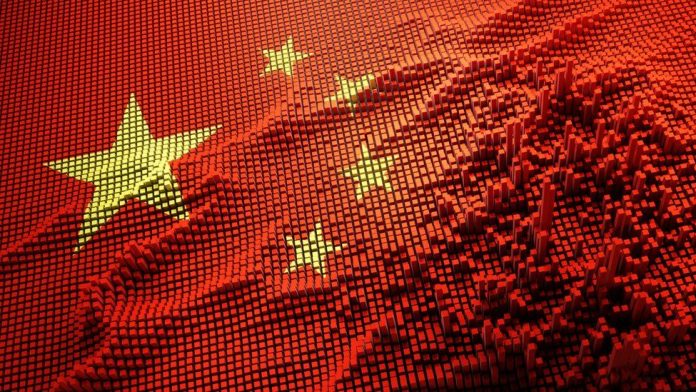China on Tuesday reiterated that it is doing its ”utmost” to provide assistance to debt-ridden Sri Lanka.
Asked about the reported request of Sri Lanka to China for monetary help to tide over the present crisis, Chinese Foreign Ministry spokesman Zhao Lijian on Tuesday reiterated his ministry’s previous remarks that China has been doing its utmost for Sri Lanka and will continue to do so.
”Since the establishment of diplomatic ties between China and Sri Lanka, the two countries have lent mutual support and understanding to each other,” Zhao told a media briefing in Beijing.
”China has been doing its utmost to provide assistance for the socio-economic development of SL and we will continue to do so going forward,” he said, reiterating what his ministry said on March 9.
Sri Lanka is not caught in a debt trap by China, according to the ialand nation’s ambassador in Beijing, as the Indian Ocean island nation seeks help to overcome its most severe economic woes in decades, a situation leading to public unrest and a political crisis for the government.
Speaking with the South China Morning Post on Monday,SL envoy Palitha Kohona admitted his country was in a difficult situation and had asked for financial support to help it get through the spiralling economic crisis which had led the government to raise interest rates, devalue its currency and curb imports of non-essential goods.
Sri Lankan Ambassador to China Palitha Kohona: “These things happen in democracies, but it doesn’t mean that the country doesn’t need, or is in the process of discouraging, foreign investments
The anger of its people, who have been struggling with shortages of oil, gas and some food staples, reached a peak in recent days, with protesters defying curfew and taking to the streets, demanding that President Gotabaya Rajapaksa resign.
“The current situation is difficult, but it’s the result of a combination of factors really coming together at this very moment and then, naturally, people of the country are feeling the pressure and the pain, and they have the freedom to protest,” Kohona said.
“The immediate need is to meet our debt repayments, and our crying need is to finance certain imports, like petroleum, gas and other items like that. No economy can last for too long without petroleum and gas, and without electricity.”
Authorities in Sri Lanka have asked for a US$1 billion loan from China to meet the existing repayments to China, and a further US$1.5 billion credit line to buy Chinese goods. Colombo is also expected to discuss a potential loan programme with the Washington-based International Monetary Fund “in the coming days”, according to Kohona.
“In addition, Sri Lanka has asked to use part of its US$1.5 billion currency swap with China to buy the goods it needs and there have been talks over whether Chinese investors can use the scheme to fund their projects in Sri Lanka.
Colombo has decided to resume negotiations on a free-trade agreement with China, which Kohona said was expected to open up the vast Chinese market to Sri Lankan products.
And last month, Chinese ambassador to Sri Lanka Qi Zhenhong said the financial support requested by Sri Lanka was being considered but he offered no details.
China accounts for 10 per cent or less of Sri Lanka’s external debt, and most of its debt is owed to international bondholders, according to Kohona.
Still, China is often accused of trying to overburden poorer countries such as Sri Lanka with debt by pushing its trillion-dollar Belt and Road Initiative.
